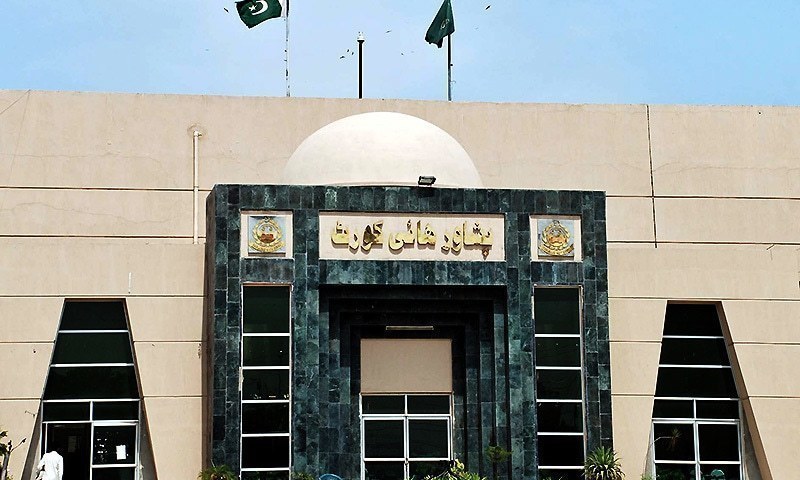Humayun Khan
PESHAWAR: A divisional bench of Peshawar High Court (PHC) comprised of Justice Abdul Shakoor and Justice Syed Arshad Ali reserved judgment in promotion case of police officers serving at Basic Pay Scale (BPS-18) seeking elevation from 2015 under Police Services of Pakistan (PSP) rules, on Monday.
Deputy Attorney General Iltaf Khan, Sangeen Khan advocate and counsel for petitioner Anwar-ul-Haq appeared on behalf of District Police Officers Orakzai, Swat Salah-u-Din and Shafiullah respectively along with six other officers.
The writ stated that petitioners were promoted to Deputy Superintendents of Police (DSPs) in 2012 while Governor Khyber Pakhtunkhwa forwarded their candidature to Central Selection Board in 2015 for promotion to BPS-18 as per PSP rules but to no veil.
Latterly, the petitioners were promoted to BPS-18 but they are eligible since 2015, the writ argued. The counsel argued that petitioners had served at key positions in sensitive stations during war against terrorism.
Central Selection Board has jurisdiction to promote petitioners to the next grade under PSP rules but unfortunately, it doesn’t happen, the counsel added. He argued that the petitioners would be evaluated to senior positions if their promotion is considered from earlier dates as per law and requested for upgradation from 2015.
The Deputy Attorney General argued that the provincial government has competent jurisdiction for the promotion of petitioners because they are provincial cadre officers. However, PHC inquired how would exercise the power of federal or provincial government. because PSP rules lay in the jurisdiction of the federation. PHC further observed that informed the court regarding jurisdiction for promotion in this regard.
DAG further argued that the petitioners are employees of the provincial government and it is the competent authority for promotion. DAG added that he will submit some necessary synopsis which will clear the situation while PHC reserved judgment after the conclusion of arguments.







